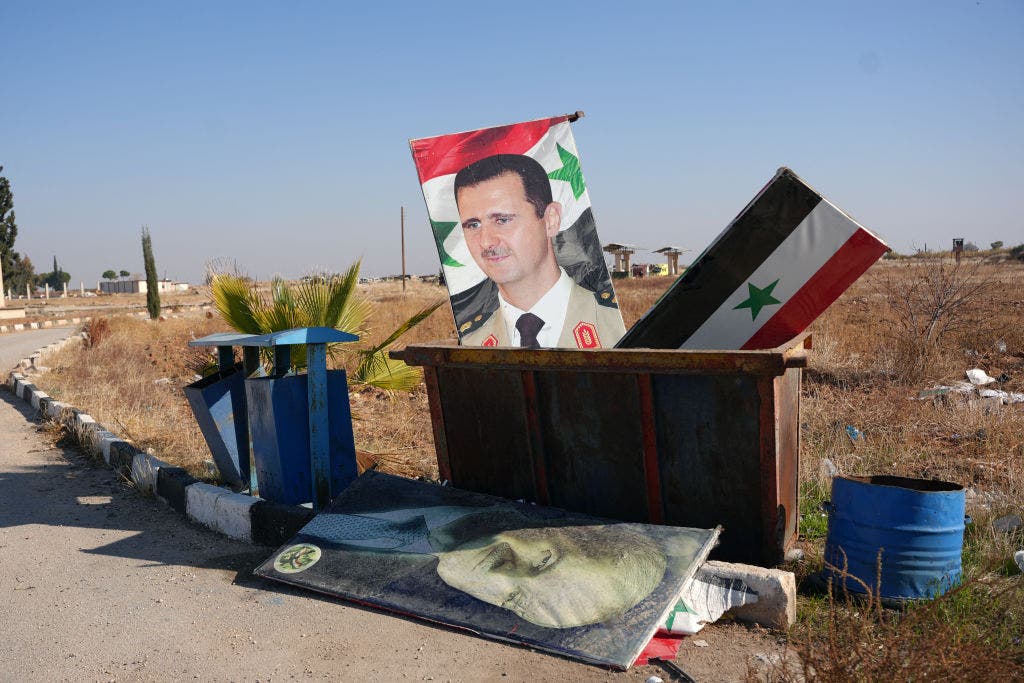Turkey’s Erdogan encourages Islamist rebels to continue advances as Assad regime scrambles to survive

The recent stunning military advances of Turkey-backed radical Islamist forces in Syria have sent shockwaves throughout the Middle East, with Turkish President Recep Tayyip Erdogan expressing his hopes for the continued progress of his allies. After successfully seizing the pivotal city of Hama, Erdogan declared that the ultimate objective is the capital city of Damascus, where Syrian dictator Bashar Assad resides.
However, Erdogan also expressed concerns about the presence of terrorist organizations within the ranks of the insurgency, particularly referencing the U.S.-designated terrorist group Hayat Tahrir al-Sham (HTS), which is part of the rebel force. The Turkish leader’s comments come amidst growing tensions between Turkey and the United States, particularly over Turkey’s reported support of terrorist groups and its acquisition of Russian S-400 air defense systems.
The London-based Syrian Observatory for Human Rights (SOHR) has reported that HTS and its allies are now within striking distance of the strategic city of Homs, a key transportation hub for Iranian militias and an important stronghold for the Assad regime. The potential battle for Homs is expected to pit HTS against the Syrian regime, Iran, and its ally Hezbollah, setting the stage for a high-stakes confrontation in the war-torn country.
Neighboring countries like Israel and Jordan are closely monitoring the situation, with Israel reinforcing its forces along the Golan Heights border and Jordan reportedly closing its crossing with Syria as rebel troops advance. The escalating conflict in Syria has raised concerns about the region’s stability, with the power dynamics shifting between Turkey and Iran, two major Islamist nations vying for influence in the Middle East.
As the Syrian revolt against Assad spreads to other provinces like Daraa, the birthplace of the 2011 uprising, the future of the conflict remains uncertain. The involvement of various regional players, including Russia, Hezbollah, and Iran, adds another layer of complexity to the situation. The outcome of the battle for Homs and the broader conflict in Syria could have far-reaching implications for the entire region, as the power struggle for control over Syria continues to unfold.




